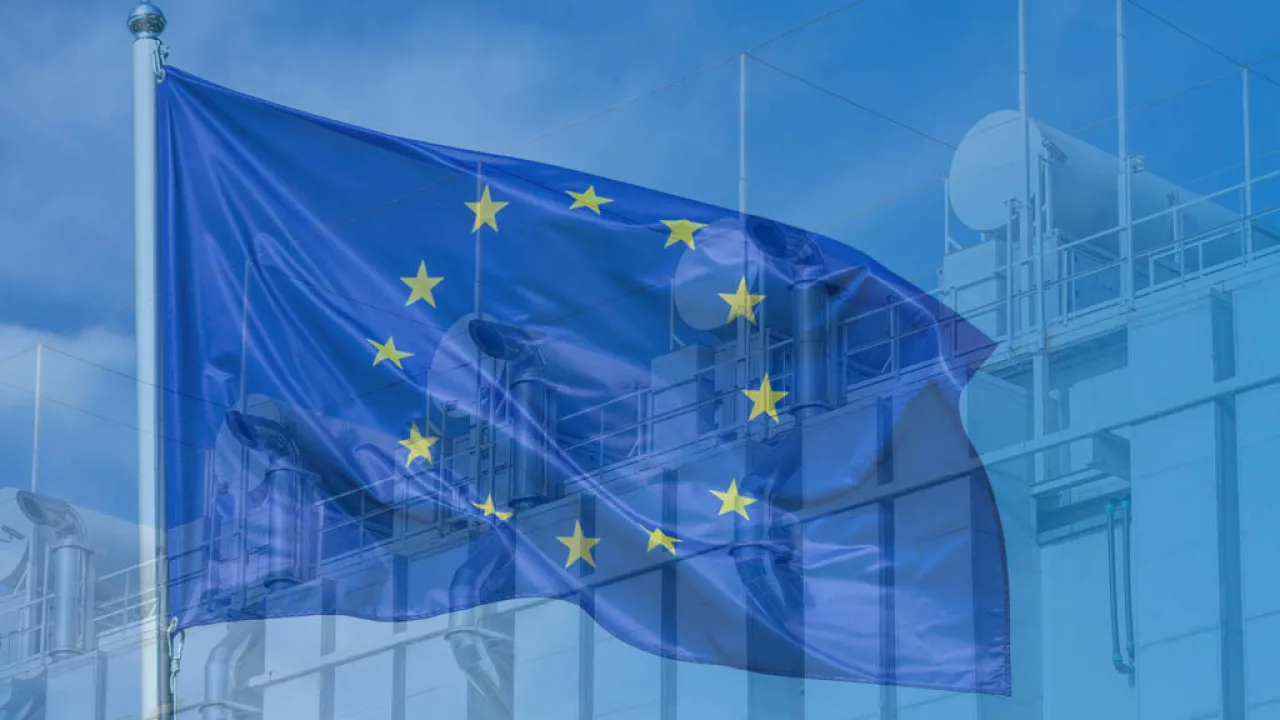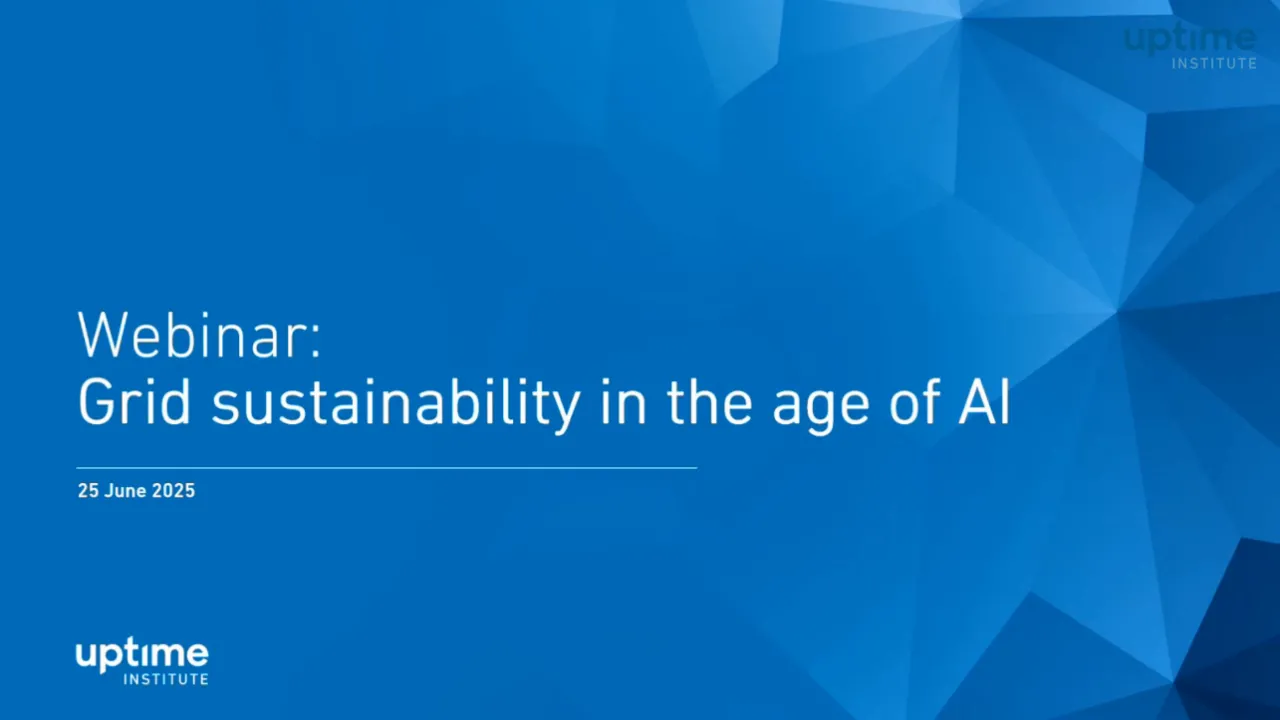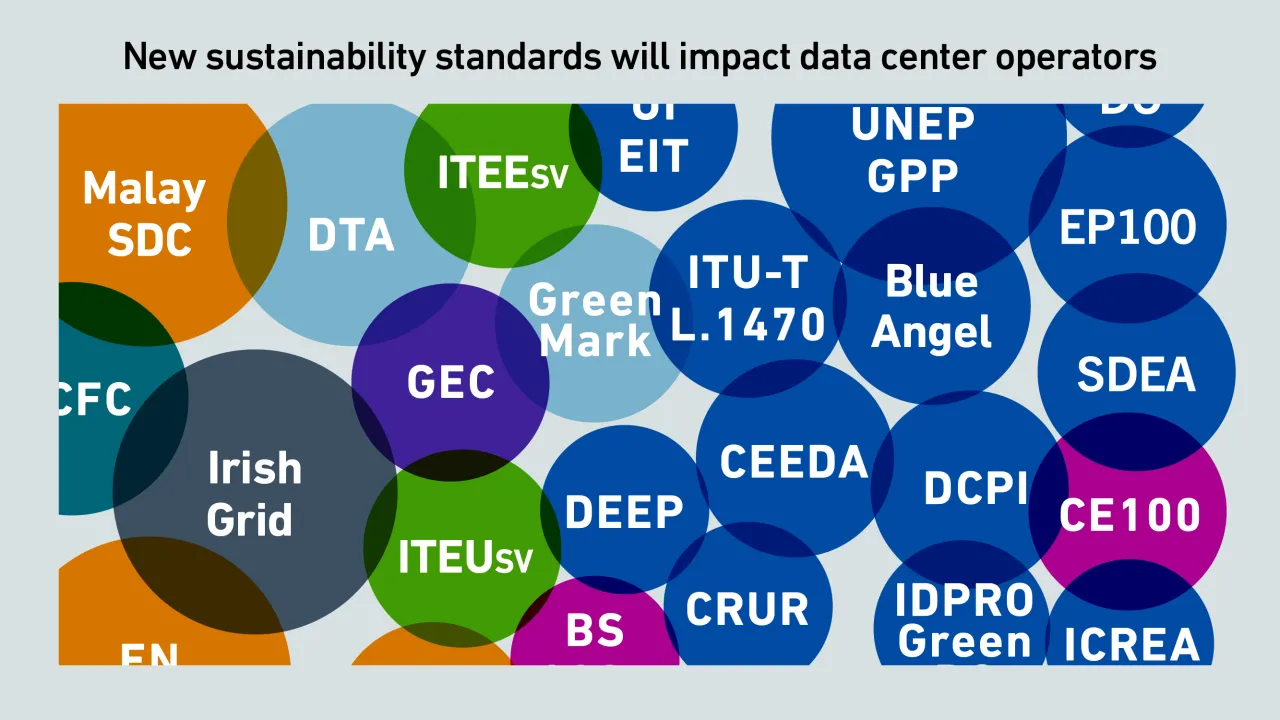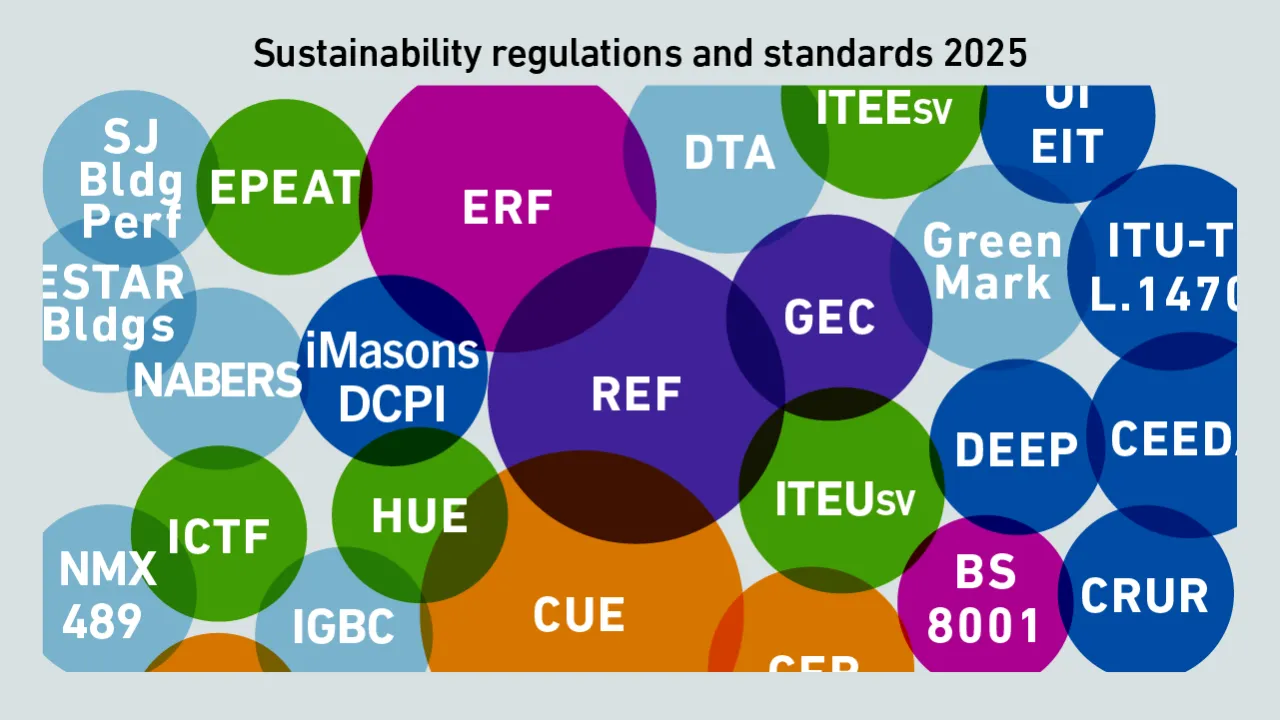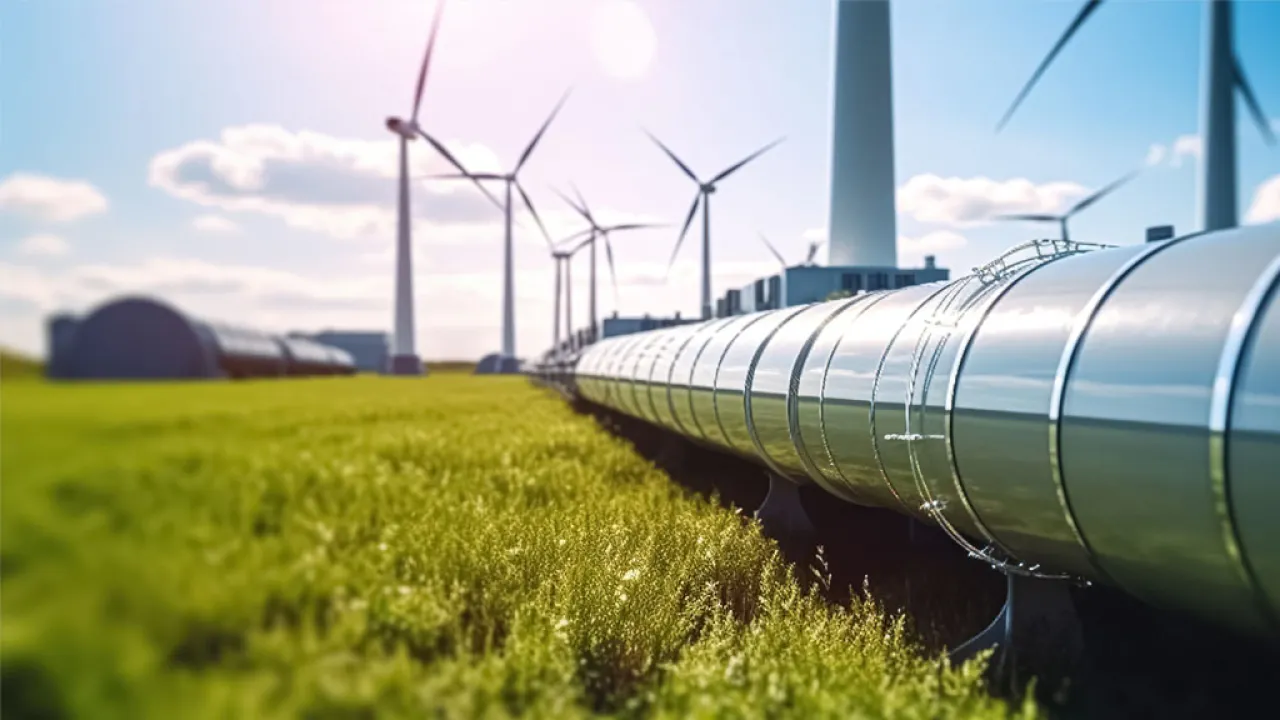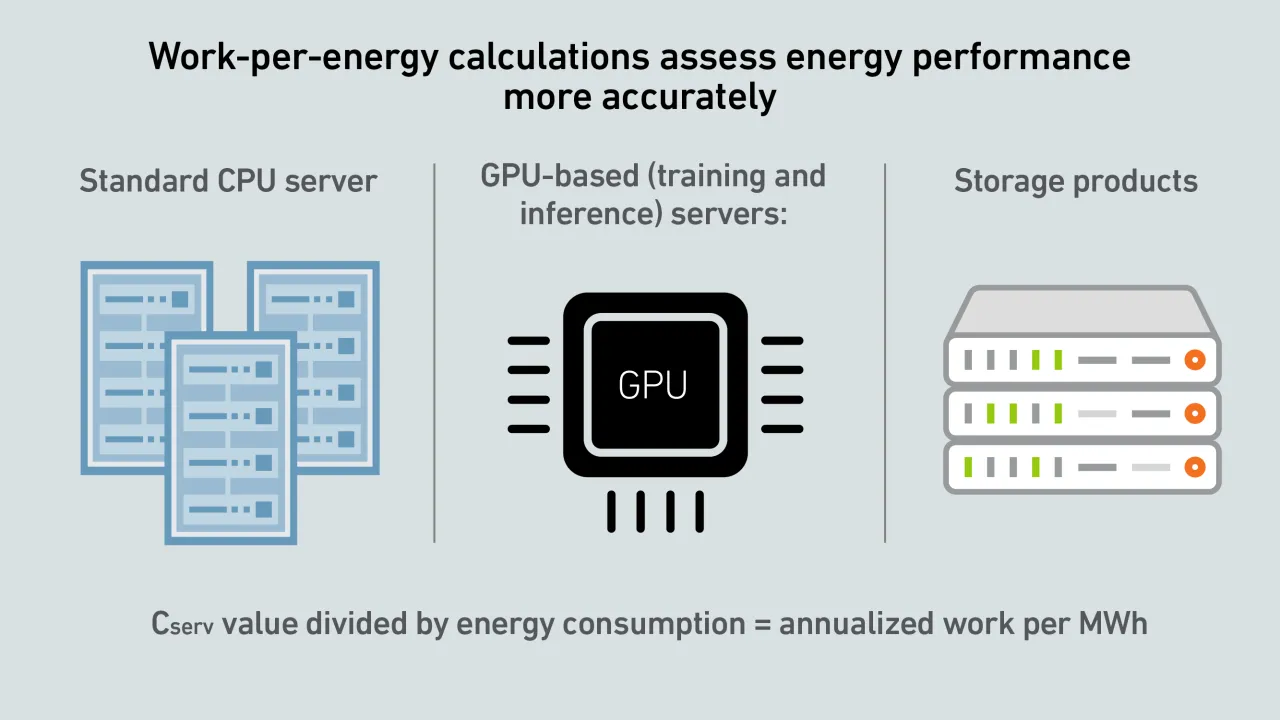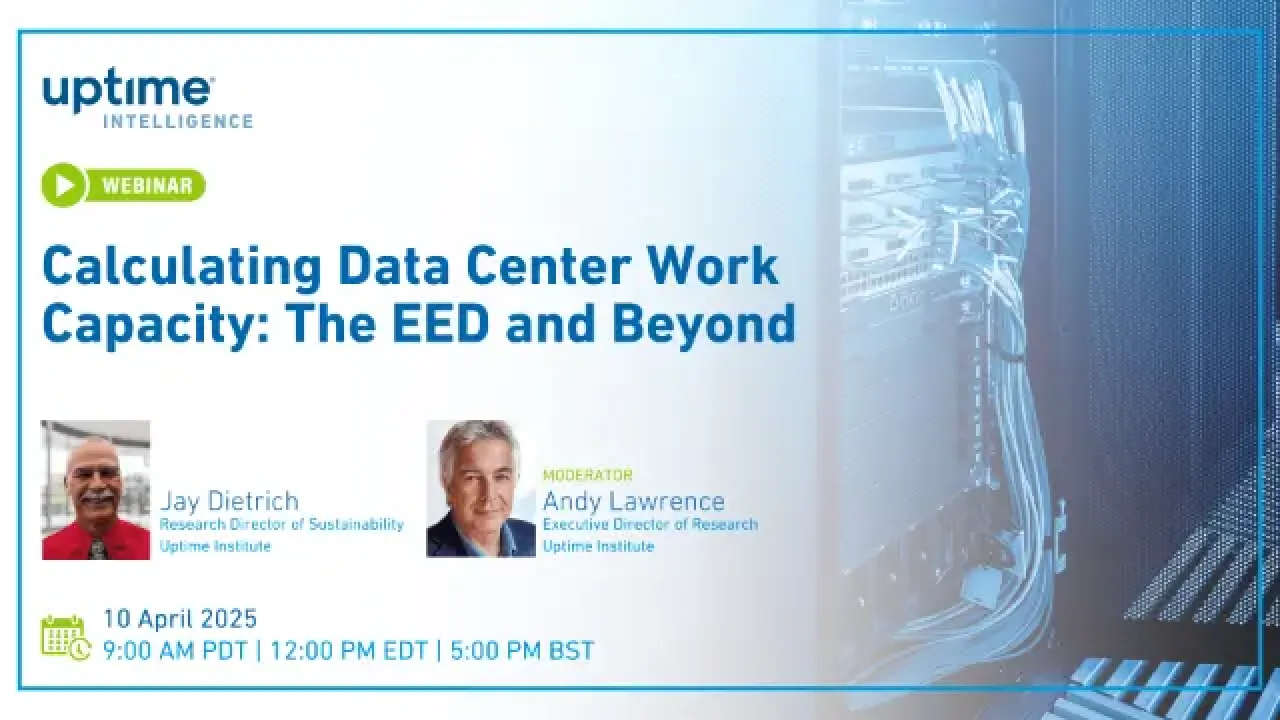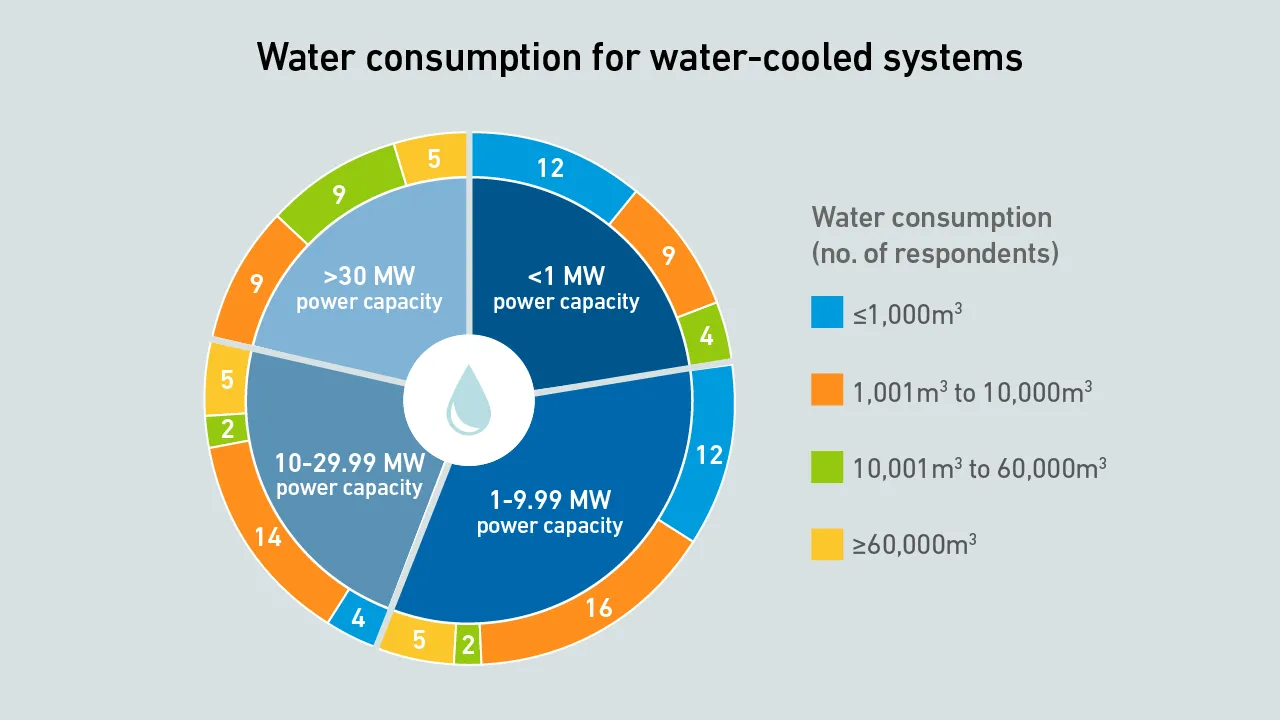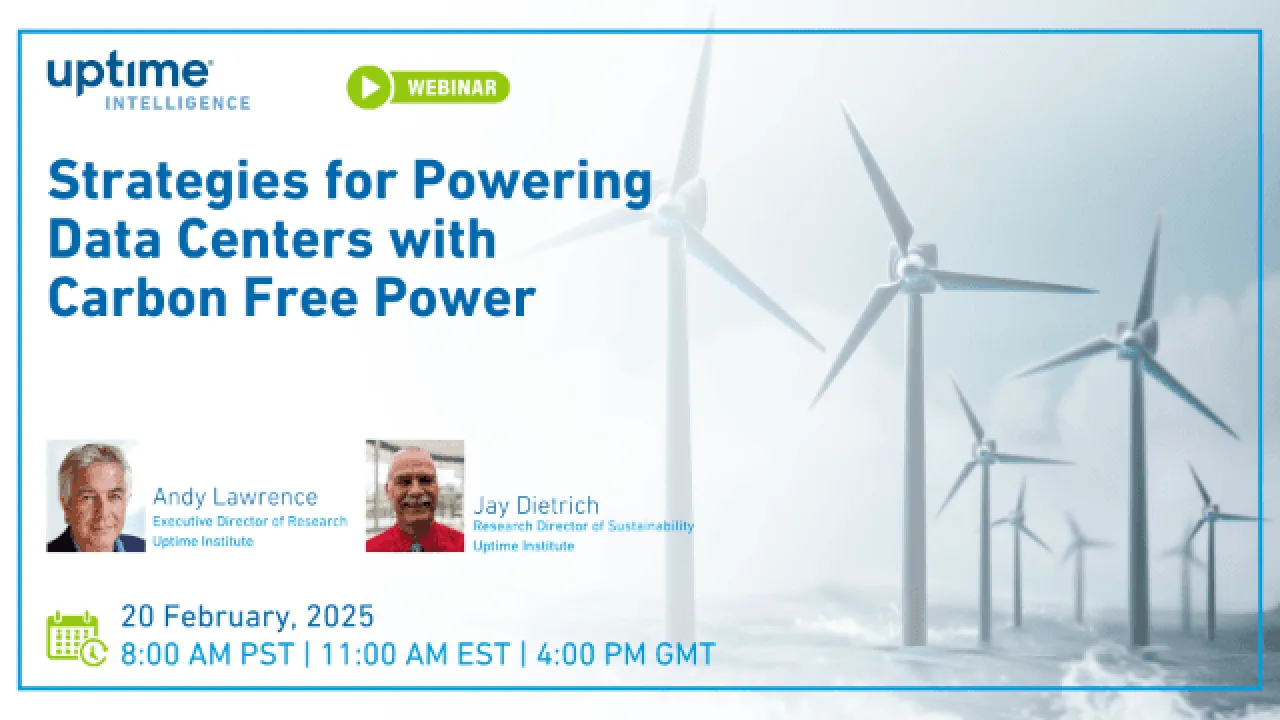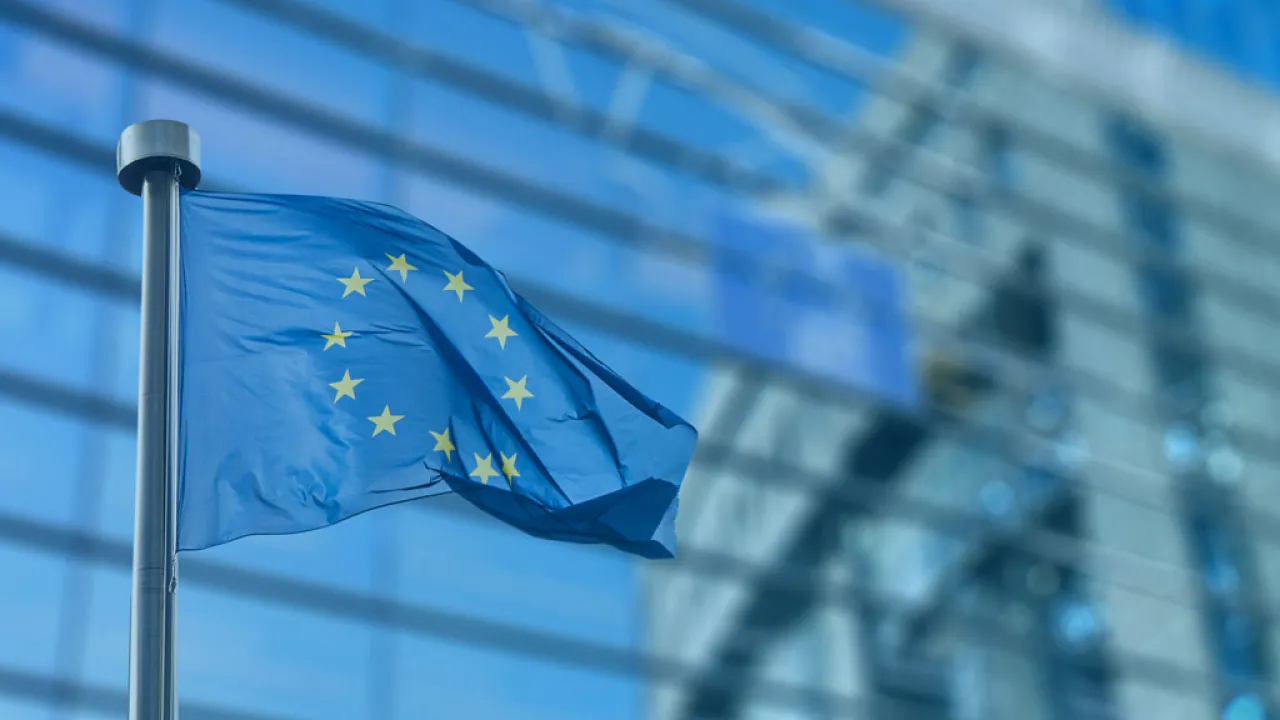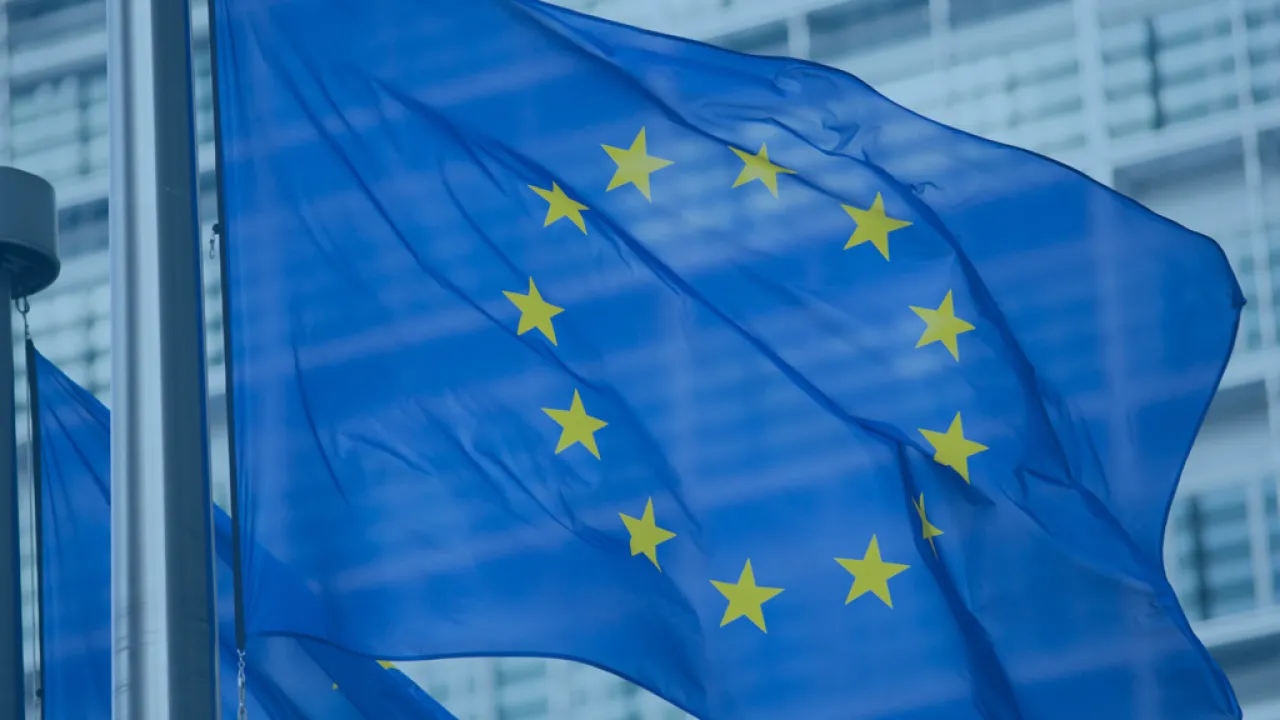The EU Commission has used a non-representative dataset to propose minimum performance standards (MPS) for PUE, WUE and REF, effective in 2030. The mandate risks the rebuilding of 30% to 40% of data center space in four years.

Jay Dietrich
Jay is the Research Director of Sustainability at Uptime Institute. Dietrich looks beyond the hype to analyze the transformations required in energy and IT systems, data centers and software management systems, and intra-organizational collaboration, both within and between companies, to deliver sustainable data center operations.
jdietrich@uptimeinstitute.com
Latest Research
Uptime experts discuss and answer questions on grid demands and sustainability strategies while debating how to meet decarbonization goals.
The European Commission has proposed a data center rating scheme/label that is broadly scoped and highly detailed. The label needs to focus on a few key indicators including three meaningful IT infrastructure metrics.
Join Uptime experts as they discuss and answer questions on grid demands and sustainability strategies while debating how to meet decarbonization goals. This is a member and subscriber-only event.
The trend towards regulating and controlling data center energy use, efficiency and sustainability continues to grow globally, with the appearance of utility rate management regulations and the propagation policies influenced by the EU's EED.
This briefing report identifies and describes several de facto standards and laws used in the field of data center sustainability and efficiency (for convenience, we use the term "standards" for all).
Uptime Institute believes that data center operators should optimize facility-level sustainability performance before addressing ecosystem issues. A clear definition of data center sustainability is needed to enable this approach.
IT operators lack a credible work-per-energy metric to report overall IT and facilities system efficiency. Developments in reporting IT equipment work capacities enable the industry to begin experimenting with this metric.
The data center industry has struggled to design and implement a meaningful measurement of deployed and utilized server work capacity and storage product terabyte capacity. Recent publications by The Green Grid and Uptime Institute offer the tools…
The European Commission aims to ease climate risk reporting by removing mid-cap operators from CSRD's scope and delaying reports to 2028. But under current rules, 2025 reports are required and foreign-owned mid-cap operators stay covered.
Uptime Institute provided three documents to the EU Commission and their consultants, Ernest and Young and Borderstep, in response to two surveys. The surveys are intended to gather data to facilitate the development of a data center labeling/rating…
Critics argue that data center water use is excessive and poorly managed. Operators should select a cooling system to fit the local climate and available water supply, explaining water use within the context of local conditions.
Rapidly increasing electricity demand requires new generation capacity to power new data centers. What are some of the new, innovative power generation technology and procurement options being developed to meet capacity growth and what are their…
The European Commission, with the assistance of operators, needs to correct ambiguities in the EED reporting processes. Industry solutions can improve the quality and completeness of the submitted data.
The European Commission will soon publish its delegated report, recommending a data center rating scheme and performance standards. The accelerated timeline is too short to facilitate meaningful evaluation of these topics.
